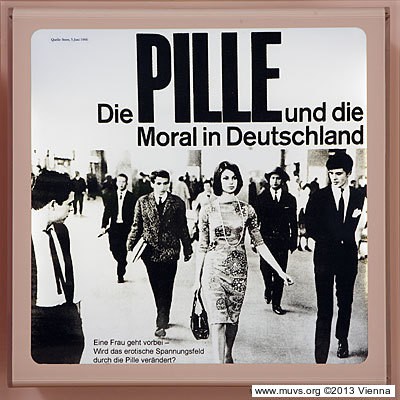What We Can Learn from the Pill
The introduction of the contraceptive pill in the 1960s was unprecedented and a shock: government agencies were forced to introduce new procedures, the media had to develop suitable methods for processing information, and politicians and members of the public were compelled to take positions regarding morals. Not until a decade later was the pill a normal part of everyday life.
Its story now serves as an example and a learning tool for dealing with similarly controversial products. At present, another new medicine is about to be introduced that will also be the subject of heated discussion: a pill to prevent AIDS. Debates on its reliability, side effects, costs and the potential influence on sexual behaviour will certainly flare up.
In their recently published paper, the two US researchers Julie Myers and Kent Sepkowitz examined whether lessons can be learned from the pill’s history, and if so which are applicable to the introduction of medicines that are chemically and medically quite different but similarly controversial in terms of society and health.
Julie E. Myers and Kent A. Sepkowitz, “A Pill for HIV Prevention: Déjà Vu All Over Again?” Clinical Infectious Diseases, 26 March 2013
